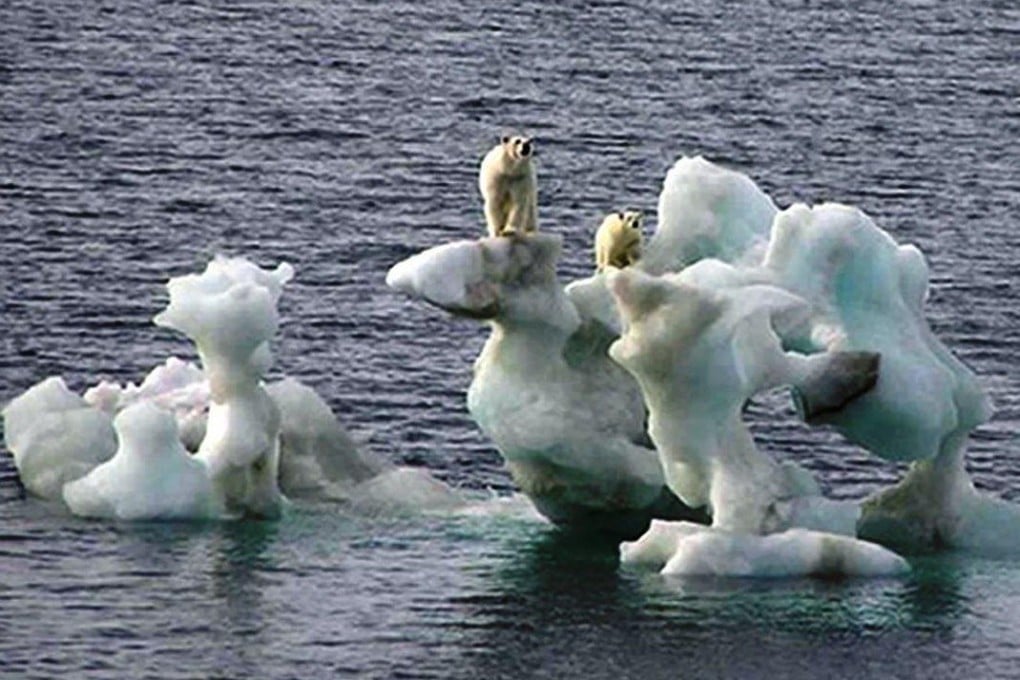Book review: Overheated, by Andrew Guzman
The evidence for human-based global warming that Guzman presents in his new book, Overheated, which shows the problem in political terms, is overwhelming.

Overheated: The Human Cost of Climate Change
by Andrew Guzman
Oxford University Press

Deniers must be stupid. The evidence for human-based global warming that Guzman presents in his new book, Overheated, which shows the problem in political terms, is overwhelming: 97 per cent of scientists judge it real. Worse, even if the earth heats up slightly, it will still spell disaster, according to Guzman, who has reached this realisation slowly.
"Over time, I found myself putting together a story about how a seemingly modest increase in temperature of a couple of degrees is enough to make the seas rise, food production collapse, nations go to war, and disease spread virtually unchecked. It was becoming clear, in a way that I felt was not widely appreciated, that the consequences of these changes will be measured in the hundreds of millions of lives, if we are lucky. If we are unlucky, perhaps billions."
Yes, billions. Guzman anchors his doom-laden case in statistics. The 10 warmest years since 1880 have all happened since 1998, he says, and cites an estimate that the annual global death toll already sparked by climate change is 300,000.
The stealthy fatal force pans out most dramatically as glacier meltdown that pumps up the seas and swamps island nations such as Tuvalu and the Maldives. Global warming, too, is the cause of the flooding of Bangladesh, which has resulted in devastating water-borne diseases such as dysentery and diarrhoea.
Meanwhile, shrinking glaciers in the Himalayas and the Andes will desiccate rivers, robbing millions of people of fresh water, threatening key cities and undermining strained food production. The result of the bedlam may be that millions will be forced to migrate into cities or "climate-refugee camps", Guzman forecasts. Another possible knock-on effect is war. Already, drawn-out droughts in Africa's Sahel region have fuelled mass violence in Darfur, Guzman writes.